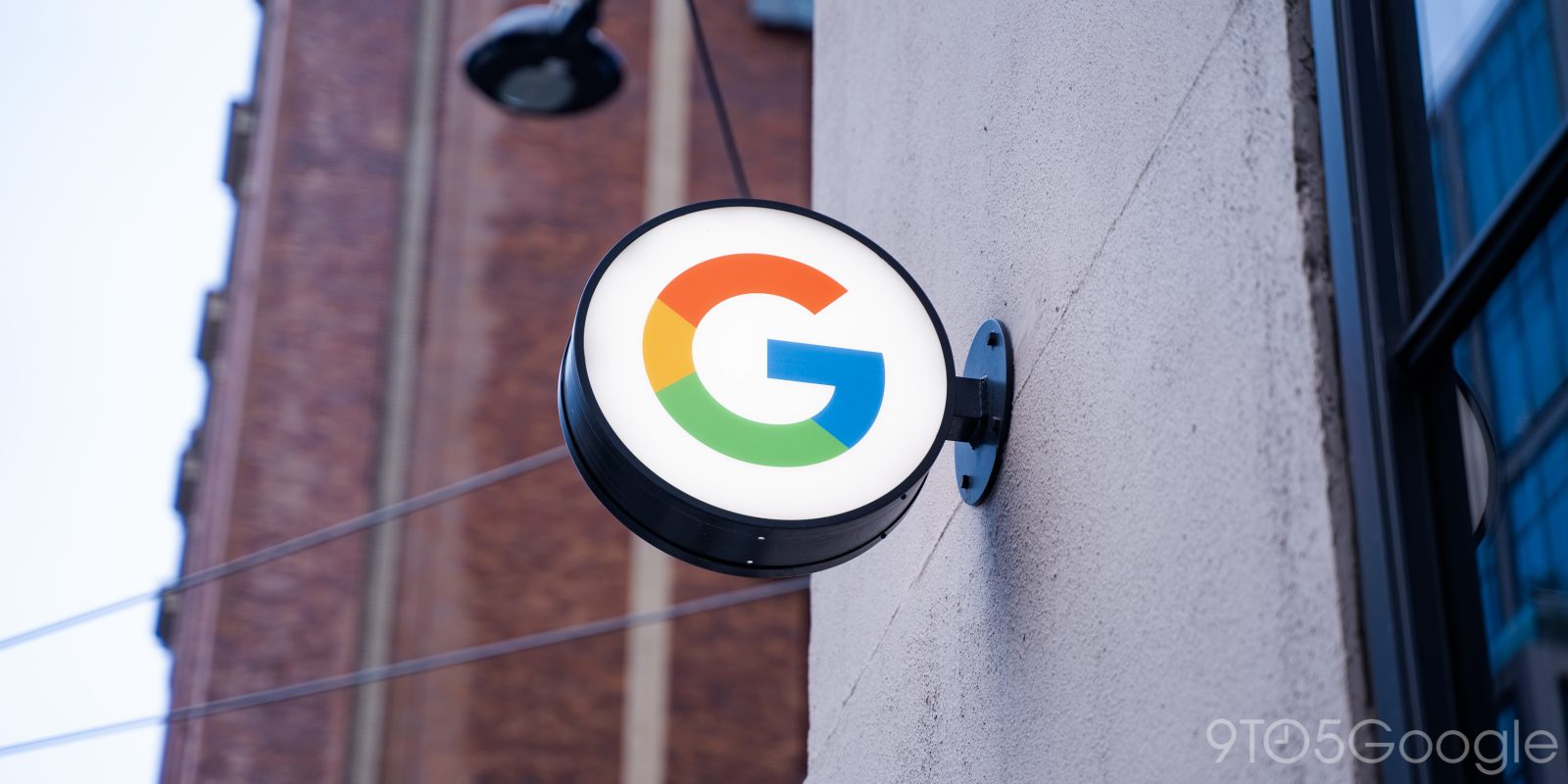
Our Google accounts can, in many cases, be the pillar of our digital lives. One account holds our email, our photos, our documents, and perhaps even the login to other accounts around the web. It’s for that reason that one parent has been living through a terrible situation after Google locked him out of his account, suspecting child abuse due to photos of the parent’s son that were taken to get medical help.
The New York Times reported this week on a situation of a parent by the name of Mark, whose toddler son had a medical condition that needed diagnosis, and used photos to communicate with medical professionals.
The father used his Android smartphone to take photos of his son’s groin to track the size and progression of an infection. The situation took place in early 2021, still in the midst of the worst of the COVID-19 pandemic. The photos were taken at the request of a nurse, so the photos could be examined before a video consultation, and ultimately led to a prescription for antibiotics that ended up clearing out the infection.
What was the problem? Two days after the photos were taken, the father received a notification from Google that revealed his accounts had been locked due to harmful content that was a “severe violation of Google’s policies and might be illegal.” Google recognized the content as harmful using its Content Safety API, which uses AI to “proactively identify never-before-seen CSAM imagery.” The content is then reviewed and if confirmed, reported to the National Center for Missing and Exploited Children (NCMEC), with the account in question locked for further review.
In Mark’s case, the action of these photos being backed to his Google Photos account counted as the “affirmative action” that Google needed to scan through the images. Google was then required by federal law to report the images.
As part of that process, Mark lost access to his email, contacts, photos, and even his phone number as he used Google Fi. Google denied Mark’s appeals to re-open the account, even after the San Francisco Police Department determined that no crime had occurred. The SFPD even tried to reach Mark regarding that verdict, but wasn’t able to because the number they had was the Google Fi number that Mark had been locked out of.
Mark considered taking Google to court over the situation to get his data back, but it was estimated that the case would cost around $7,000, a price Mark didn’t feel was worthwhile.
Beyond Mark’s situation, NYT found another nearly identical case that occurred around the same time period, which had been met with the same silence from Google on reversing the situation.
Google told NYT that it stood by the decisions.
Top comment by Luke Vesty
In a statement to The Verge around this situation, Google stood by its actions, saying:
Child sexual abuse material (CSAM) is abhorrent and we’re committed to preventing the spread of it on our platforms. We follow US law in defining what constitutes CSAM and use a combination of hash matching technology and artificial intelligence to identify it and remove it from our platforms. Additionally, our team of child safety experts reviews flagged content for accuracy and consults with pediatricians to help ensure we’re able to identify instances where users may be seeking medical advice.
9to5Google’s Take
Needless to say, this is a nightmare scenario for many, especially with Google’s apparent indifference in reinstating the account after authorities confirmed there was no crime committed. But, it also serves as a good reminder for a few things.
First and foremost, it’s a reminder to make backups. Google makes this relatively easy, with Takeout offering a way to download your entire account’s worth of data using a single tool, with formats that can help you keep that data for later. Secondly, it’s a good reminder to not keep all of your eggs in one basket, so to say. Using a Google account to hold all of your information is convenient, but it might not always be the best thing knowing how Google tends to react when it closes accounts – Mark’s story is far from the first example of Google shutting down an account unexpectedly and turning a blind eye on appeals.
More on Google:
- Google starts ‘Get The Message’ campaign to pressure Apple into RCS on the iPhone
- Google slows hiring as Pichai calls for consolidating investments, more productivity
- Google working to delete one-star reviews from scams that are plaguing local businesses
Updated after publication to clarify details on a lawsuit and Google’s response.
FTC: We use income earning auto affiliate links. More.


Comments